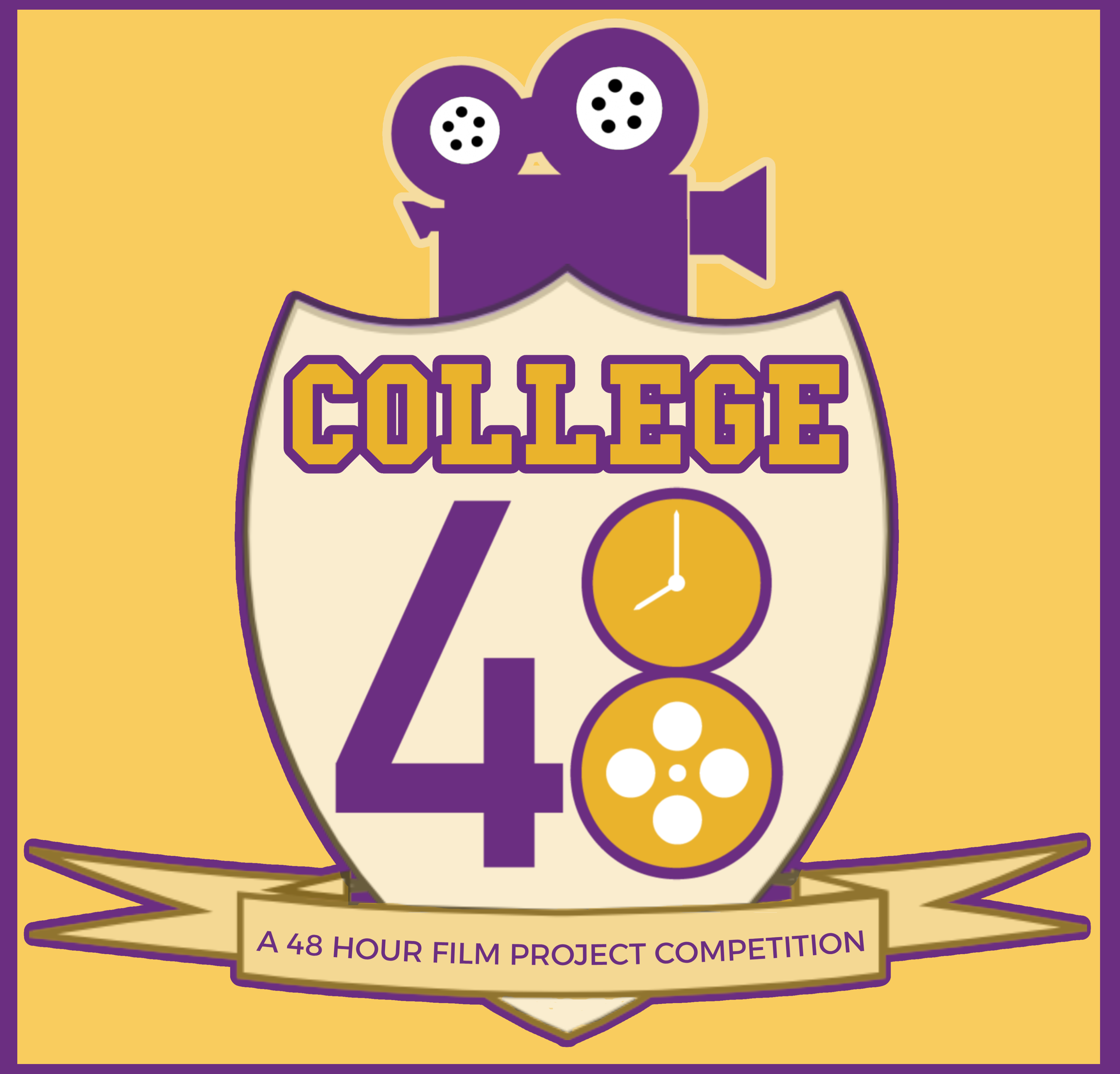South Africa 48
Listen to South Africa 48, a 37-year-old woman from Hout Bay, Western Cape, South Africa. Click or tap the triangle-shaped play button to hear the subject.
Both as a courtesy and to comply with copyright law, please remember to credit IDEA for direct or indirect use of samples. IDEA is a free resource; please consider supporting us.
BIOGRAPHICAL INFORMATION
AGE: 37
DATE OF BIRTH (DD/MM/YYYY): 31/10/1980
PLACE OF BIRTH: Hout Bay, Western Cape
GENDER: female
ETHNICITY: Coloured
OCCUPATION: “Skarrel” (Afrikaans for “scurry”: rummaging through garbage bins for recycling)
EDUCATION: National higher education — Standard 6
AREAS OF RESIDENCE OUTSIDE REPRESENTATIVE REGION FOR LONGER THAN SIX MONTHS: N/A
OTHER INFLUENCES ON SPEECH: N/A
The text used in our recordings of scripted speech can be found by clicking here.
RECORDED BY: Nadia Barnard
DATE OF RECORDING (DD/MM/YYYY): 09/04/2018
PHONETIC TRANSCRIPTION OF SCRIPTED SPEECH: N/A
TRANSCRIBED BY: N/A
DATE OF TRANSCRIPTION (DD/MM/YYYY): N/A
ORTHOGRAPHIC TRANSCRIPTION OF UNSCRIPTED SPEECH:
I was born in Hout Bay. I’ve got two brothers, three sisters. My father is dead; he was a fisherman. I got a mother still left.
Growing up in Hout Bay is not actually easier, because there is a poor city that we were lived in and some of our kids, some of them go to school, and some can’t, because our mothers can’t afford it. But for me, it’s fine here, because I know mos’ everybody here. Most of the people in the high places: They know me.
Ja, and my job doing is like skarreling every day. I’ve got three children and one granddaughter. Here I am living with a boyfriend. He used to live here in the Heights, but his mommy and his daddy is dead, and we live in a bungalow.
Oh, er, I went here till standard five; then we moved around, ja, and we was chucked out of our house, so — my father was on sea that time, so we had to go to Mitchell’s Plain, and we came back to Hout Bay, and when we came back, my mo- my father said he’d build us a bungalow. Ja. And living here in Hout Bay is nice for me because it’s near the sea. And yes — a, it’s a friendly place, but now lately it’s been — it’s hectic here because there’s shooting gun, and you don’t know if you children is safe or what.
Yes, I have to stop schooling because I had to help my mommy. So I found myself a job at a factory, working with fish and that. But the factory that we worked with closed, so I didn’t had a job after that.
It’s just we’re skarreling through the bins, the recycling bags, and if we get something that we can fix, like an old phone – I know how to fix old phones. That’s the way I learned myself to do those. Ja, broken things I can fix; working with electricity I can fix. So when I fix it, I sell it to people; sometimes I get money, sometimes I don’t. Ja, everybody likes me, because when I s- got stuff that I don’t know what to do with it, some old lady comes past, I say, “You know, I’ve got something nice for you, man.”
“But I don’t have money.”
Then I say, “I don’t want money. I’m just giving it to you, because I know would like – you would love it, so…”
And I got two parents, um, in the white industry. Like, the one girl was tu- turning 21, so they gave her a surprise 21st birthday.
But I cope with everything, because I keep on praying to my God. Ja, because he’s my only help I got. And some nice people that I know, and — ja, just being myself, and not being somebody else I’m not.
Um, all I know my grandmother and my grandfather, they were Hottentotte; we call them Hottentotte, ja. And my father is a Ovambo. …
I can’t, no! [Subject laughs.] But there is people who can speak that language. Before you get Mandela Park, you will see there’s a place with a shack there; people are living in bungalows; that’s the people that can still talk that language. Ja, they do that. [Subject demonstrates Khoi language click sounds and then laughs.] But it’s nice! I tried, but I didn’t go further. I said to myself, “I don’t understand what they’re talking, actually.” [Subject laughs.] So I just leave it, just like that.
And we get — you get some old men that lives like the Hottentotte lived, with the, the skin of the animal, and the thingy that they use around the head. When we go to Snoekies, you stop there; you must just look up; then you will see his place there, where the horses, chicken, all kind of stuff. He’s a Rasta. I don’t — I can’t now remember what is his name, but he’s a very, er, nice man.
I don’t worry about that. I’m just living my life, just being me, and I mean, like the same with white, black, coloured. I’m just being the same, that’s all. …
I just pray to him while I’m walking, skarreling. I sing, and I’ll pray, and I just talk; that’s all I do. Ja, sometimes I feel sad, and I can’t keep my tears, and I just cry. I don’t care who’s watching me. I’m just doing it the way I want to do it. I don’t want to be a burden to anybody, because I’ve got my own kids to worry about.
[Subject continues to speak in Afrikaans]: U is ‘n baie goeie vrou, siende dat u my voor hier in die straat gekry toe ons daar buite gepraat het, en dis baie lekker om vir u te ontmoet. Ja. [Subject continues to sing in Afrikaans]: God is net liefde, hy is die Almagtige God, ons prys hom, amen.TRANSCRIBED BY: Nadia Barnard
DATE OF TRANSCRIPTION (DD/MM/YYYY): 09/04/2018
PHONETIC TRANSCRIPTION OF UNSCRIPTED SPEECH: N/A
TRANSCRIBED BY: N/A
DATE OF TRANSCRIPTION (DD/MM/YYYY): N/A
SCHOLARLY COMMENTARY: N/A
COMMENTARY BY: N/A
DATE OF COMMENTARY (DD/MM/YYYY): N/A
The archive provides:
- Recordings of accent/dialect speakers from the region you select.
- Text of the speakers’ biographical details.
- Scholarly commentary and analysis in some cases.
- In most cases, an orthographic transcription of the speakers’ unscripted speech. In a small number of cases, you will also find a narrow phonetic transcription of the sample (see Phonetic Transcriptions for a complete list). The recordings average four minutes in length and feature both the reading of one of two standard passages, and some unscripted speech. The two passages are Comma Gets a Cure (currently our standard passage) and The Rainbow Passage (used in our earliest recordings).
For instructional materials or coaching in the accents and dialects represented here, please go to Other Dialect Services.
 IDEA: International Dialects of English Archive
IDEA: International Dialects of English Archive





